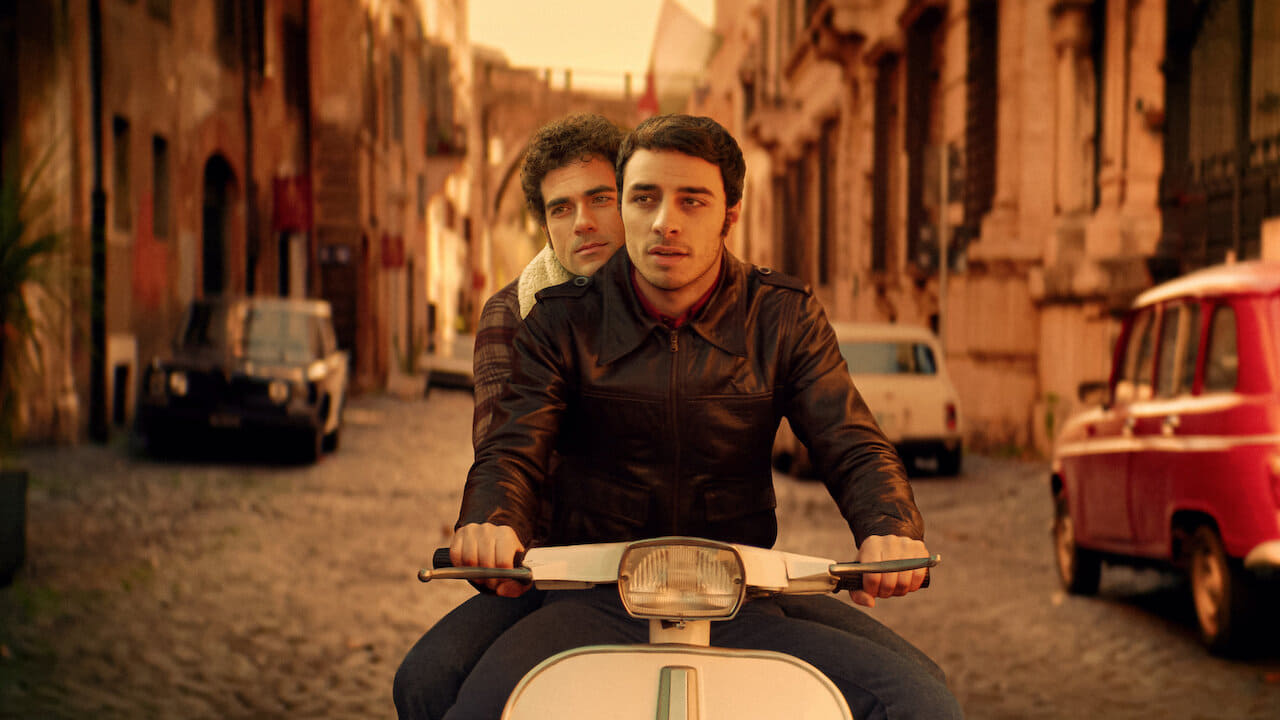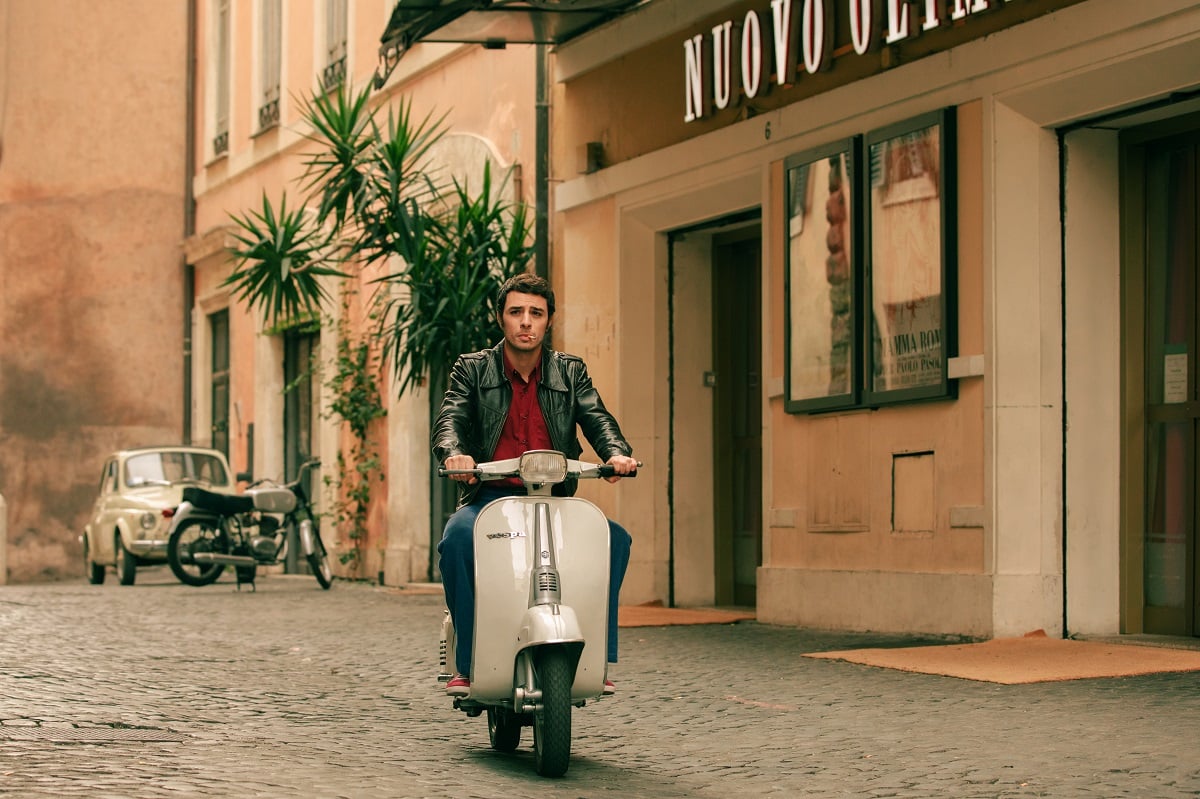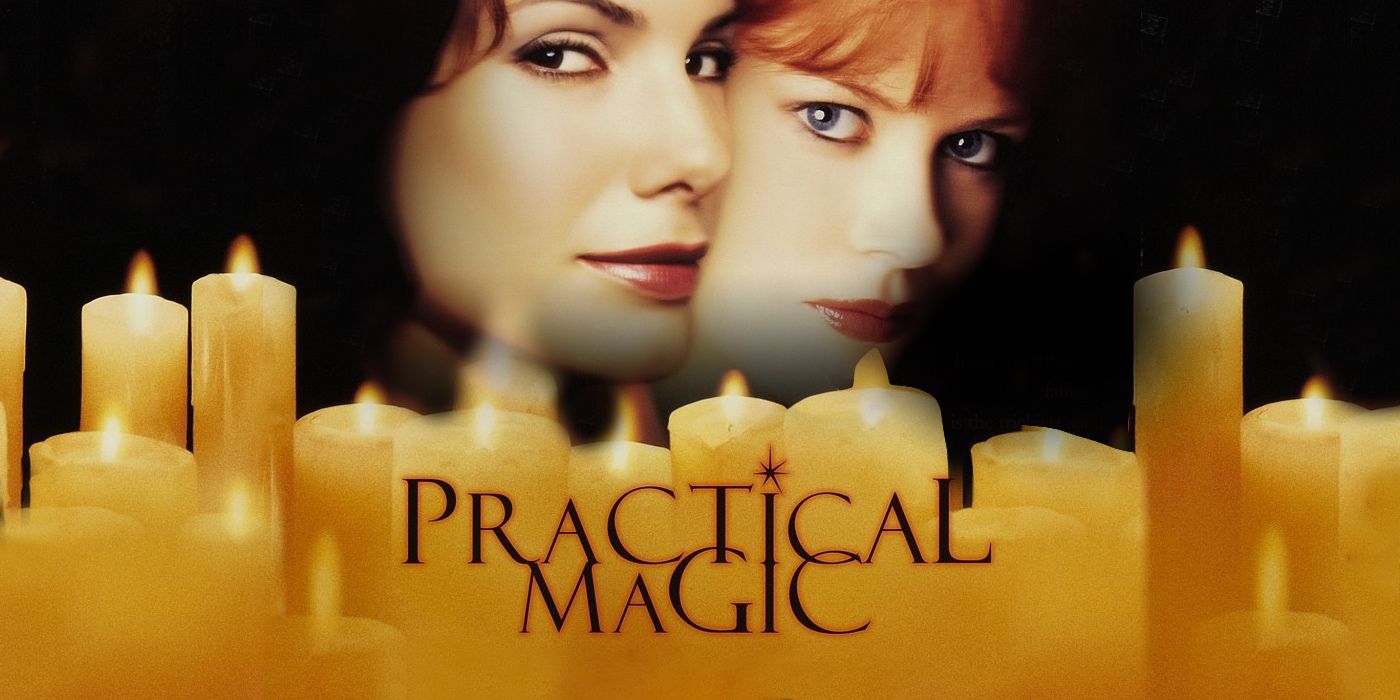Nuovo Olimpo is a 2023 Italian romantic drama directed by acclaimed filmmaker Ferzan Özpetek, known for his visually rich and emotionally layered storytelling. The film combines nostalgia, passion, and the bittersweet weight of time, weaving a narrative that spans decades while exploring the enduring power of love. Set against the vibrant cultural backdrop of Rome from the late 1970s to the present day, the story follows two young men whose unexpected encounter changes the course of their lives forever.
The film begins in 1978, a year marked by political tension and social change in Italy. Enea, a 25-year-old aspiring filmmaker, lives a quiet and structured life until he crosses paths with Pietro, a charming medical student. Their meeting is serendipitous, taking place at the Nuovo Olimpo cinema, an atmospheric movie theater that becomes the symbolic heart of their relationship. A deep, passionate romance blossoms almost instantly, fueled by shared dreams, curiosity, and an intense attraction. However, fate intervenes in the form of a sudden, unexpected event that forces them apart, leaving their connection unresolved but unforgettable.
What sets Nuovo Olimpo apart is how Özpetek handles the passage of time. Instead of confining the story to a single period, he lets it breathe and unfold across forty years, showing how the characters’ lives change and how their love evolves, even in absence. The film examines themes of missed opportunities, lingering memory, and the question of whether true love can survive the relentless march of time. As Enea and Pietro navigate different relationships, careers, and personal struggles, their hearts remain tied to that first, incandescent moment of connection.

Visually, the movie is a feast for the senses. Özpetek’s signature warm color palettes, intimate framing, and atmospheric lighting imbue the scenes with both tenderness and melancholy. Rome itself becomes a living character—its streets, cafés, and cinemas reflecting the emotional state of the protagonists. The use of music, especially Italian classics, deepens the nostalgic tone, making the audience feel the weight of the decades gone by.
The performances are another highlight. Damiano Gavino and Andrea Di Luigi bring authenticity and vulnerability to Enea and Pietro’s younger selves, while the older versions of the characters are portrayed with quiet depth by seasoned actors. Their chemistry is undeniable, and even in scenes filled with silence, their emotions speak volumes. Özpetek does not shy away from portraying intimacy, making the romantic and physical connection between the characters both tender and impactful.
Beyond being a love story, Nuovo Olimpo is also a reflection on the way life’s unpredictability shapes us. It asks what happens when we meet our great love at the wrong time, and whether reconnecting years later can recapture what was lost. The ending is poignant, leaving room for both hope and heartbreak, a signature of Özpetek’s storytelling style.

In essence, Nuovo Olimpo is a cinematic poem—an ode to love, memory, and the enduring ache of what might have been. It is a film for those who believe in the transformative power of human connection, and for anyone who has ever carried a piece of their past quietly in their heart. Through its blend of romance, nostalgia, and emotional truth, it stands as one of Özpetek’s most intimate and resonant works.

